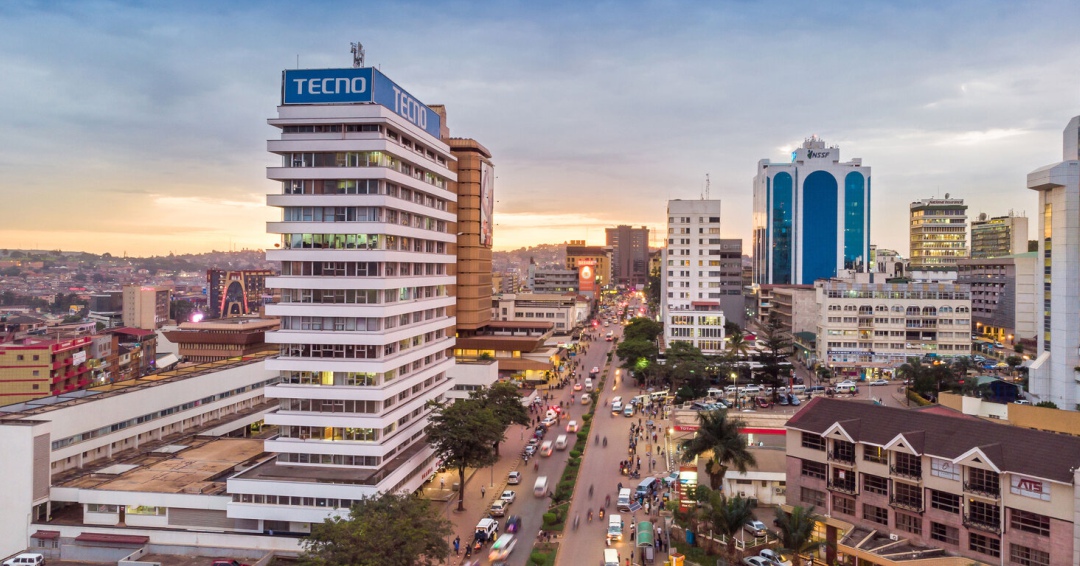Kampala is the capital and largest city of Uganda, located in the central region of the country. It serves as the political, economic, and cultural hub of Uganda and is situated near the northern shores of Lake Victoria, the world's largest tropical lake.
Historical Background
Kampala's name is derived from the Luganda phrase "Kasozi ka mpala," meaning "Hill of the Impala," a type of antelope. The city was originally built on seven hills, each with its own significance. It became the capital of the British Protectorate of Uganda in 1890 and continued as the capital after Uganda gained independence in 1962.
Geography
The city is characterized by its hilly terrain and is now spread across more than 20 hills. The original seven hills include Mengo, Rubaga, Namirembe, Old Kampala, Makerere, Kololo, and Nakasero.
Economy
Kampala is the economic heart of Uganda. The city hosts the headquarters of most of Uganda's major businesses and financial institutions. Key sectors include finance, trade, manufacturing, and the service industry. The central business district is bustling with markets, shops, and street vendors.
Culture and Society
Kampala is a melting pot of cultures, with a mix of traditional Buganda culture and modern influences. The city is home to several important cultural sites, including the Kasubi Tombs (a UNESCO World Heritage site), the Buganda Royal Palace, and several cathedrals like Namirembe and Rubaga. The city also has vibrant arts, music, and nightlife scenes.
Education
Kampala is a major center for education in Uganda, with institutions like Makerere University, one of Africa's oldest and most prestigious universities. The city has a wide range of other educational institutions, including international schools and vocational colleges.
Transportation
Kampala is a major transportation hub. The city is connected by road to other parts of Uganda and neighboring countries. Public transport mainly consists of matatus (minibuses), boda-bodas (motorcycle taxis), and a limited number of buses. Traffic congestion is a significant challenge in the city.
Tourism
Kampala attracts tourists with its lively atmosphere, historical sites, cultural experiences, and proximity to natural attractions. The nearby Lake Victoria offers opportunities for water activities, while the city itself has various markets, cultural centers, and landmarks worth exploring.
